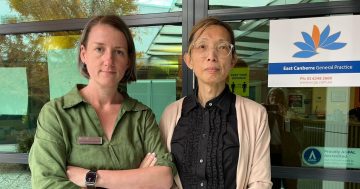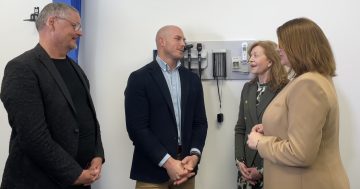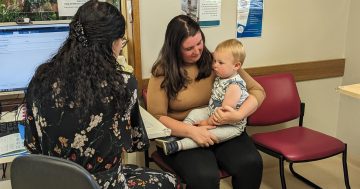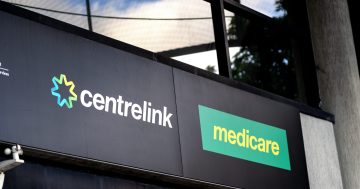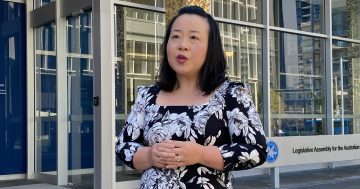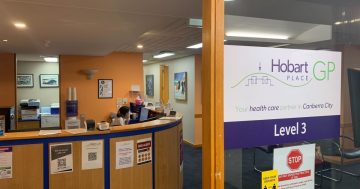
Labor will target families struggling to take their children to the doctor. Photo: Region.
ACT Labor has pledged a total of $15 million to help GPs boost the number of patients they bulk bill and attract more young medicos and other disciplines to general practice.
If returned to government on 19 October, Labor will also tie payroll tax concessions to better bulk billing rates from 1 July 2025, implementing a South Australian and Victorian measure that does not charge payroll tax on any bulk-billing income.
An $11 million fund will be focused on increasing bulk billing, providing financial support for new bulk billing general practices to open in the ACT and for existing bulk billing practices to expand.
In a bid to help families and have more children seen by a doctor, the fund will also assist general practices that commit to bulk-billing children under the age of 16 with the costs of running a practice.
A $4 million Professional Development and Wellbeing Fund will help to attract GP Registrars in the ACT, support the wellbeing of the GP workforce through measures such as the AMA’s Doctors for Doctors Program, and create opportunities for GPs to participate in research, education and professional development.
In addition, Canberra Health Services will support general practice placements for junior doctors who are considering specialising to encourage them to consider further training in general practice in the ACT.
Speaking at the Ginninderra Medical and Dental Centre, operated by Four Health Group, Chief Minister Andrew Barr said the package was in response to GPs’ concerns about practice costs, recruitment and bulk billing challenges.
Mr Barr the Albanese Government’s incentives to boost bulk billing were positive but more work was needed in the ACT at a local level.
Health Minister Rachel Stephen-Smith said the package was a win for GPs and families.
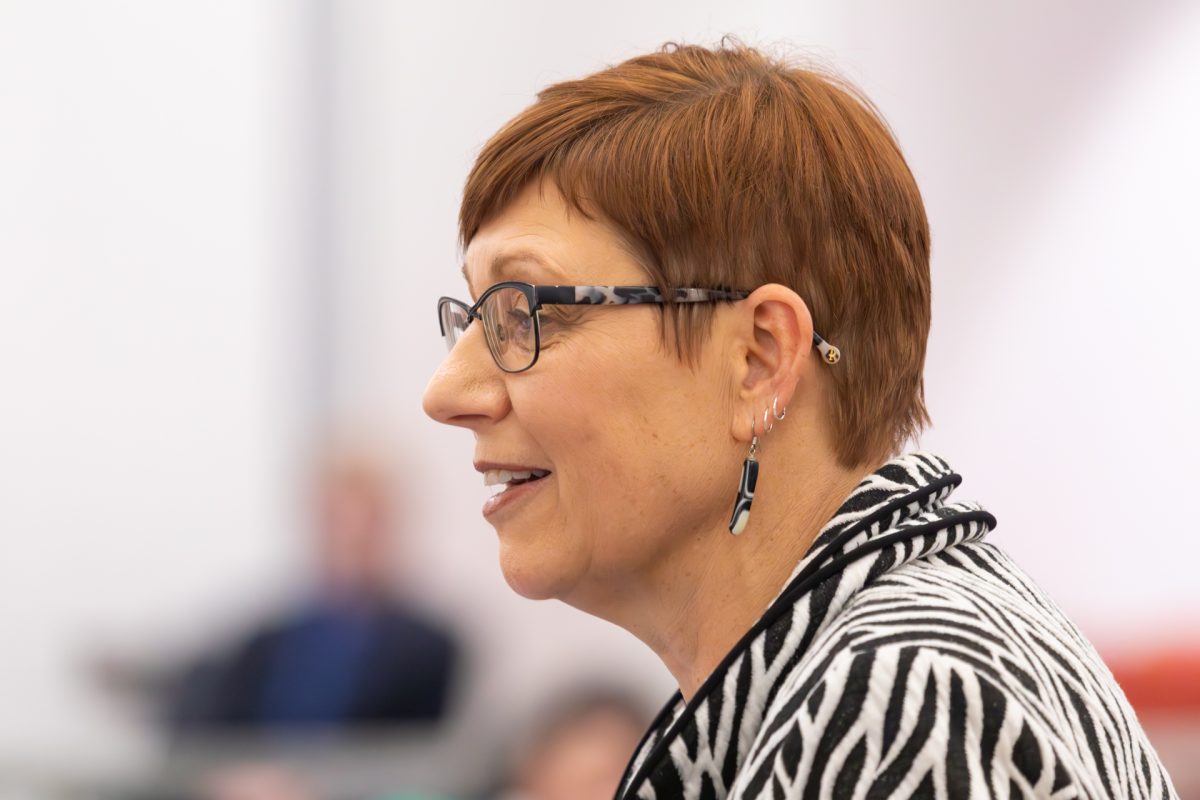
Health Minister Rachel Stephen-Smith: “We’ve heard very clearly from GPs that they are struggling.” Photo: Michelle Kroll.
Ms Stephen-Smith said the fund could help with anything from supporting practices to engaging multidisciplinary staff to support administrative expenses.
“We’ve really heard from practices that the kind of support that they really welcome are things like supporting them to have a social worker in their practice, supporting them to have a pharmacist in their practice,” she said.
“These kinds of things have been trialled before, but this is the type of measure that we will co-design with practices and GPs to ensure that it meets their needs.”
Ms Stephen-Smith said there was a shortage of GPs in the ACT, and the professional development fund and CHS program sought to attract more GPs and retain the ones it had.
“We’ve heard very clearly from GPs that they are struggling,” she said.
“They’re struggling with the increased complexity that they’re seeing in their patient cohort.
“They’re struggling with burnout, and they’re struggling with some of the challenges that they’ve seen in the response to Medicare by federal governments, prior to the Albanese Government coming in and really putting some focus onto primary care.”
Ms Stephen-Smith said the CHS internship program would give junior doctors in the first couple of years out of medical school the opportunity to work in general practice but maintain their entitlements and continuity.
“They’ll have that opportunity to spend time in general practice, to understand the important work that general practice does and how fulfilling that work is,” he said.
Mr Barr said the ACT could not afford to abolish payroll tax altogether or have too many exemptions, but with this model, “there is a direct correlation between bulk billed services and the tax concession, and that’s a strong incentive.”
Doctor groups have been calling on the government to scrap payroll tax levied on practices.
Four Health Group ACT and NSW director Simon Taylor-Cross said the package was well targeted, especially at increasing bulk billing for children under 16.
“We really see the benefit of that because we know, at the moment, patients or families are really trying to make tough decisions at the supermarket,” he said.
“Do I pay for food, or do I pay to go and see the doctor?”
He also welcomed measures to support integrated health approaches that kept people out of hospital and attracted young registrars to general practice.
Community pharmacists will also be able to provide more evidence-based care and services, including treating and prescribing medicines for a range of everyday health conditions such as earache, acne, nausea and reflux.
The ACT Branch of the Pharmacy Guild of Australia welcomed the commitment, saying this would bring the Territory in line with recent changes in NSW, giving patients in Canberra greater access to healthcare for some acute conditions.
The commitment also includes some chronic conditions following the Queensland Community Pharmacy Scope of Practice Pilot.













